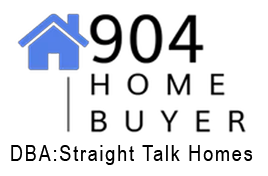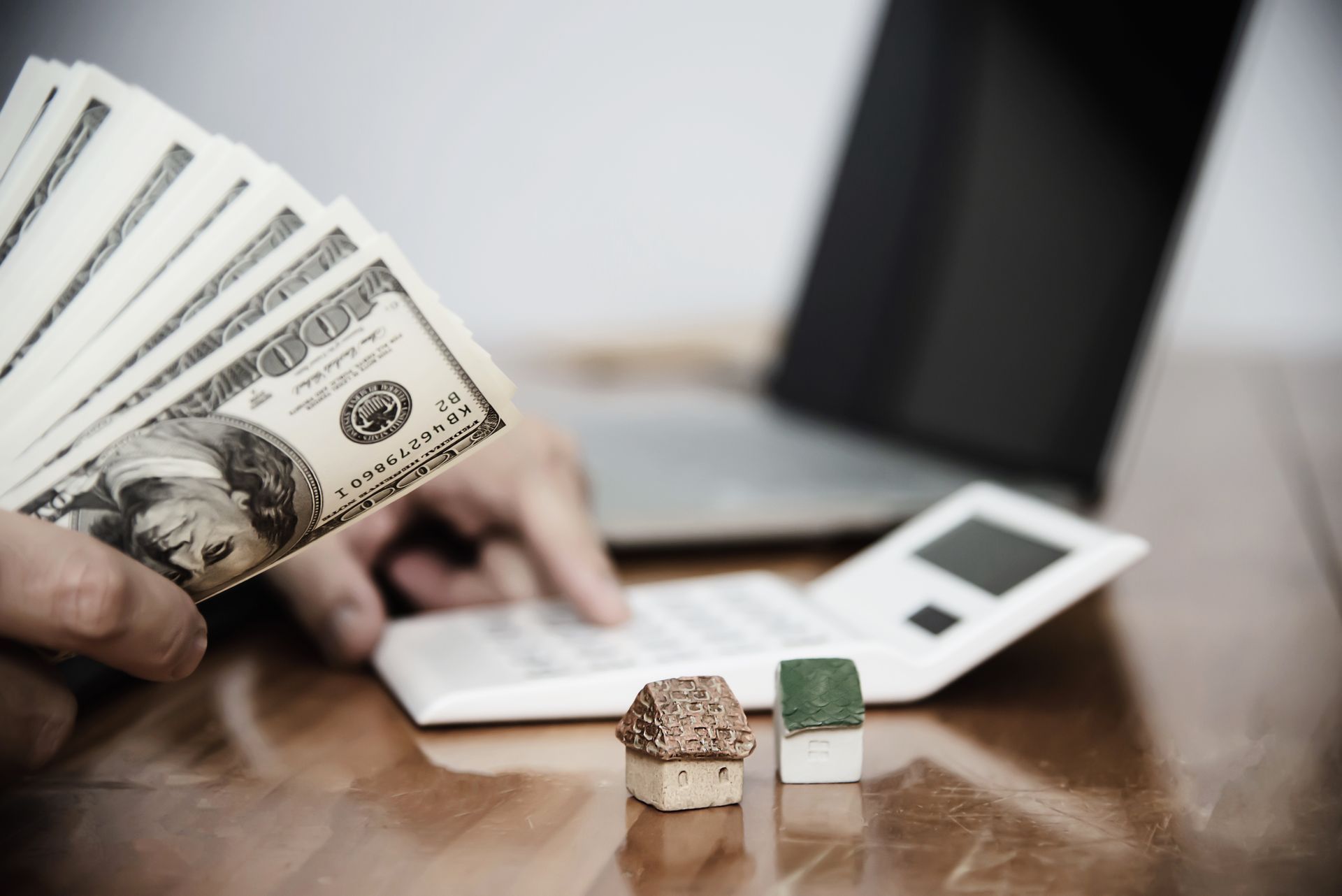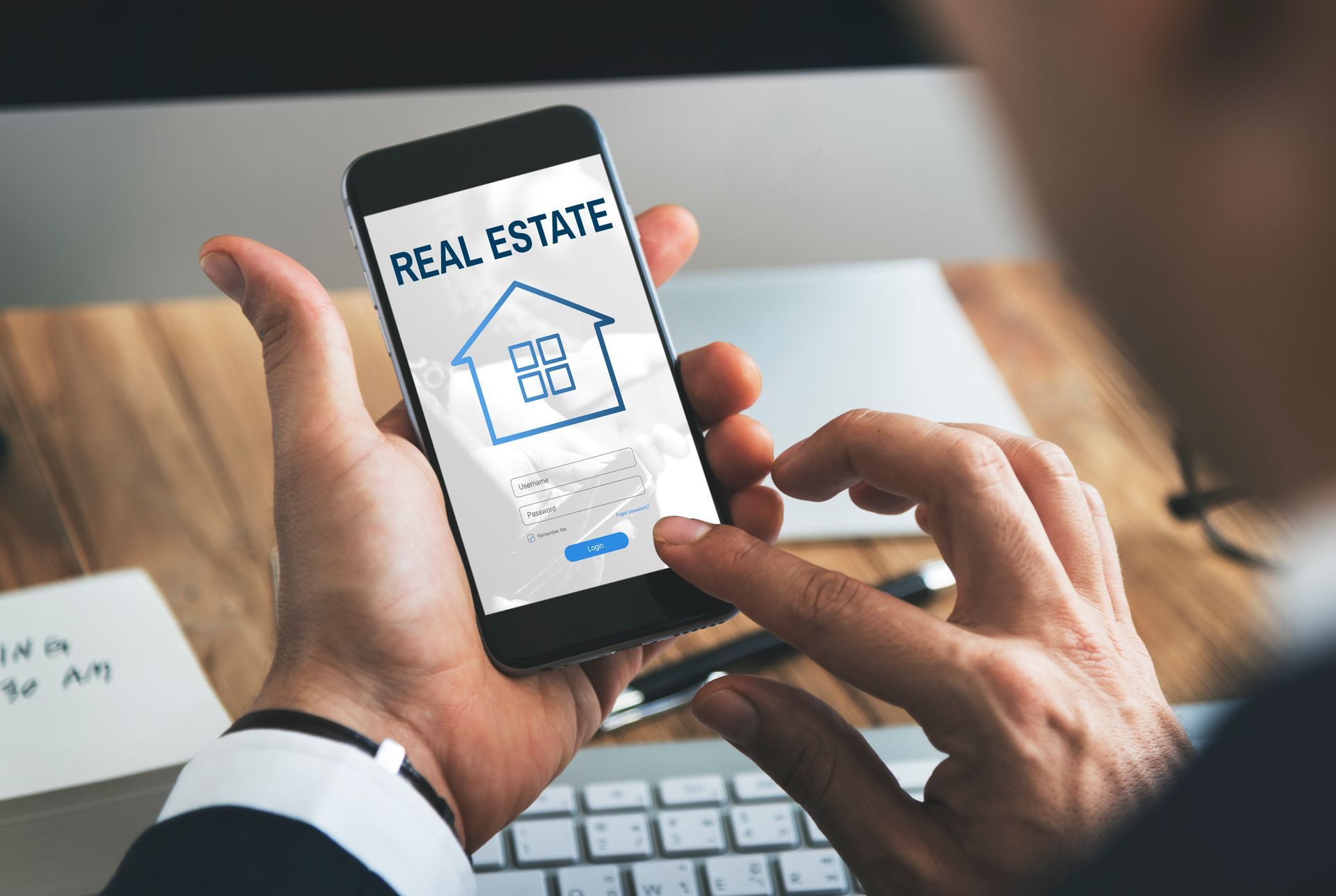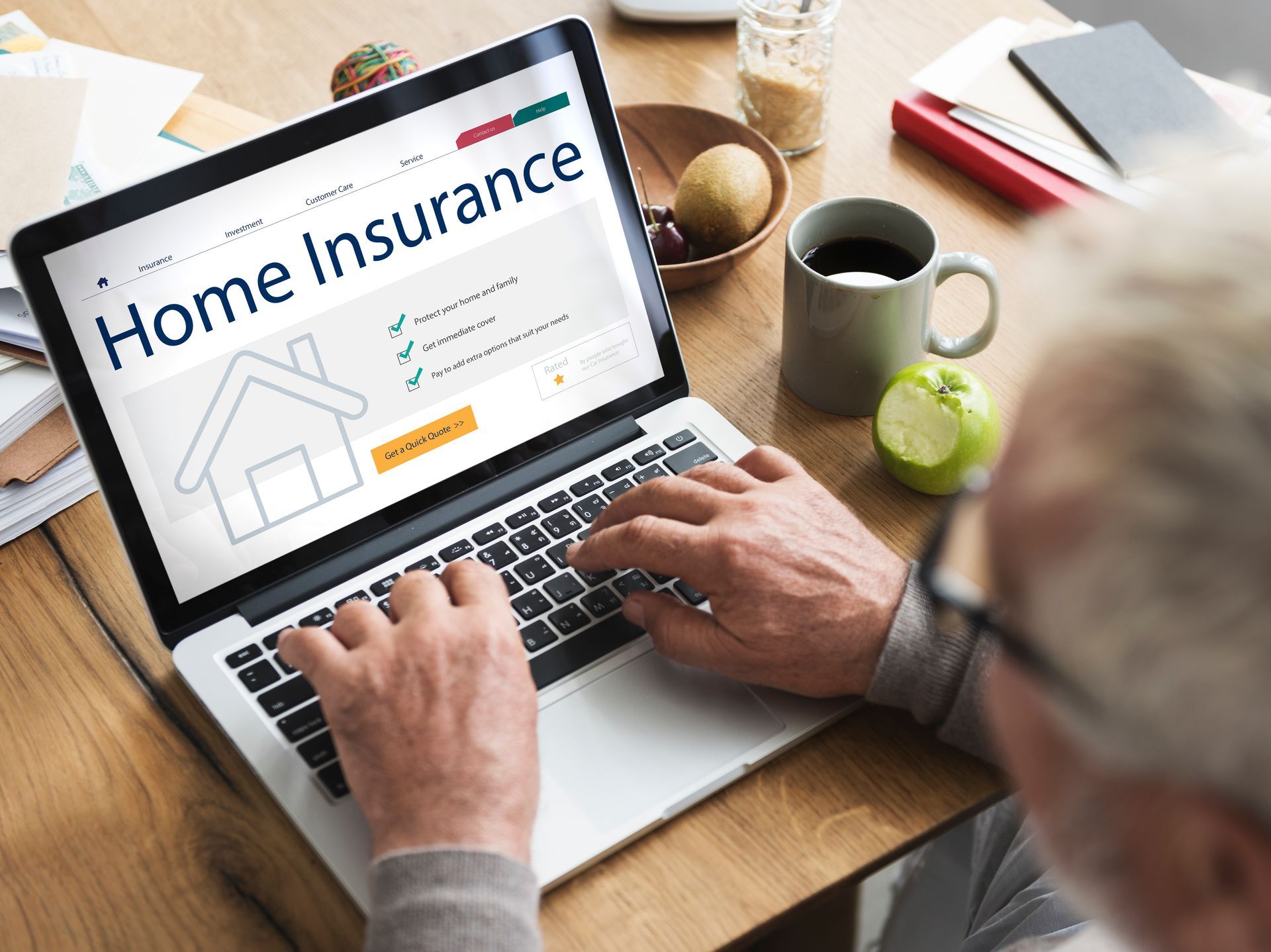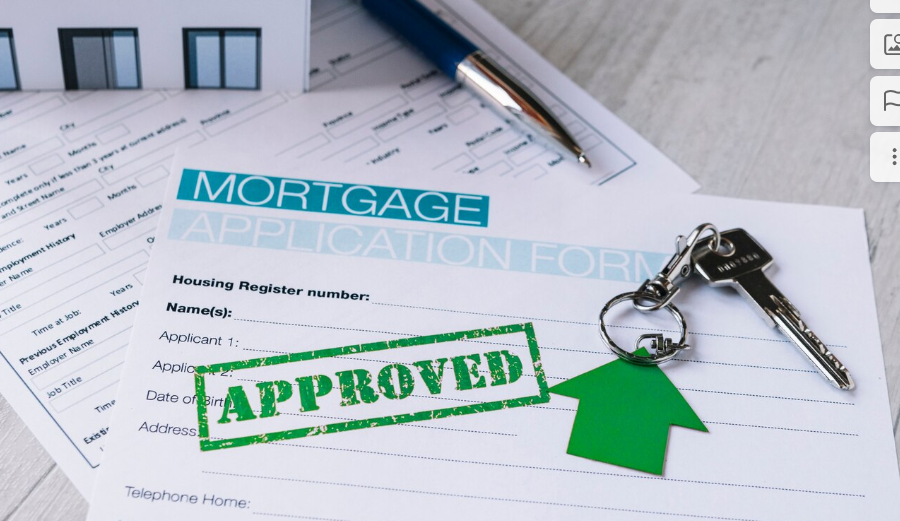How to Sell Your Florida Home with a Reverse Mortgage
What Florida Homeowners Need to Know Before Selling
Selling a home is rarely simple—but when there’s a reverse mortgage involved, things can feel downright confusing. In Florida, a large number of seniors rely on reverse mortgages to access home equity during retirement. But when it's time to sell—whether because of downsizing, transitioning to assisted living, or passing the property to heirs—it’s important to understand exactly how things work.
Can you sell a home with a reverse mortgage?
Yes, absolutely. But there are rules to follow, numbers to crunch, and timelines to watch.
In this guide, we’ll break down the essentials: how payoff works, what happens to your equity, and your best options if you need to sell fast—especially when working with 904 Home Buyer, a Florida-based team that understands reverse mortgage sales inside and out.
First—What Is a Reverse Mortgage, Really?
If you’re already living in the home, you probably know the basics: a reverse mortgage lets you tap into your home’s equity while deferring repayment until you move out, sell, or pass away. Most reverse mortgages are Home Equity Conversion Mortgages (HECMs) backed by HUD.
There are no monthly mortgage payments, but the loan balance grows over time—meaning your equity slowly shrinks. That’s the part that surprises a lot of sellers when it’s time to move.
Can You Sell a Home with a Reverse Mortgage?
Yes. You can sell your home any time, even with a reverse mortgage in place. There’s no penalty for selling early, but the full loan balance must be repaid before the title can transfer to a buyer.
That payoff includes:
- The original loan amount
- Any accrued interest
- Mortgage insurance premiums (if applicable)
- Fees associated with the loan
The good news? If your home is worth more than the loan balance, you keep the difference. That’s your equity.
But if the home is worth less, the lender can only collect up to 95% of the home’s appraised value, thanks to federal protections built into the HECM program. You’ll never owe more than the home is worth—even if the market has dipped.
What Happens to Equity?
Equity is what’s left over after the reverse mortgage is paid off. That money is yours—or, if the homeowner has passed, it goes to the estate or heirs.
Example:
Let’s say the reverse mortgage payoff is $180,000. You sell the house for $250,000.
After paying off the lender, you (or your family) pocket the remaining $70,000, minus any closing costs or taxes.
But if the home sells for $160,000, the lender accepts that amount and insurance covers the shortfall—no extra payment required from the seller or heirs.
Selling While the Homeowner Is Still Living
If the borrower is still alive and decides to sell, the process works a lot like a regular sale—with a few key differences.
- You’ll need to contact the reverse mortgage servicer to request a payoff quote.
- You can then list the home, sell it privately, or work with a cash buyer like 904 Home Buyer to skip the listing process altogether.
- The payoff happens at closing—just like a traditional mortgage.
The key benefit of selling to a
cash buyer? No appraisals, no waiting on lenders, and a faster close, which helps avoid complications if health issues or financial needs are pushing the sale.
Selling After the Homeowner Passes
If the borrower passes away, the reverse mortgage becomes due and payable—but there’s usually a grace period.
The servicer will send a “due and payable” letter to the estate or heirs, often giving them 6 months to sell or refinance. Extensions may be available if the process is taking longer, but communication with the lender is key.
During this time, the home can be:
- Sold to pay off the loan, with any extra equity going to heirs
- Refinanced into a traditional mortgage if heirs want to keep it
- Signed over to the lender via deed-in-lieu of foreclosure (if there’s no equity)
Real-World Example:
A family in Sarasota inherited a home with a $145,000 reverse mortgage balance. The home needed repairs and had a market value of about $170,000. They didn’t want to deal with showings or repairs, so they reached out to 904 Home Buyer. We gave them a fast, fair offer, coordinated with their probate attorney, and closed within a few weeks. The heirs walked away with a check and no stress.
Selling to a Cash Buyer: Why It Makes Sense
Homes with reverse mortgages can sometimes be harder to sell the traditional way—especially if they’ve been lived in for many years and need updates. Some buyers get nervous about title issues or delays with mortgage payoffs. Others are turned off by needed repairs.
That’s where cash buyers come in.
At 904 Home Buyer, we specialize in homes with unique situations, including reverse mortgage payoffs. We:
- Make fair, as-is offers—no repairs needed
- Work with servicers, attorneys, and title companies
- Help sellers or heirs navigate the reverse mortgage payoff process
- Close quickly to avoid fees or foreclosure risks
And we’re based in Florida, so we know the local rules, markets, and timelines.
Steps to Sell a Florida Home with a Reverse Mortgage
Here’s what the general process looks like:
- Request a payoff statement from the reverse mortgage lender
- Decide whether to list, sell privately, or sell to a cash buyer
- Gather ownership documents and confirm any estate paperwork if applicable
- Accept a purchase offer (from a traditional or cash buyer)
- Close the sale—proceeds first go to pay off the loan, and the rest goes to the seller or heirs
Working with someone familiar with the process can make things go much smoother. Title companies and attorneys can help manage communication with the lender and ensure all documents are properly handled.
What If You’re Behind on Taxes or Insurance?
One thing to note: with reverse mortgages, borrowers are still responsible for property taxes, homeowners insurance, and maintenance.
If these go unpaid, the lender may call the loan due early. In that case, the same rules apply—the home can be sold to pay off the balance, but it’s important to act quickly.
Cash buyers can help avoid foreclosure and get the process moving fast—especially when time is tight.
Final Thoughts
Selling a home with a reverse mortgage isn’t always simple—but it’s far from impossible. Whether you’re trying to move, downsize, or manage a property after a loved one passes, understanding your options makes all the difference.
Know your numbers. Understand the payoff. And if the home needs work or time is limited, consider a fast, as-is cash sale that keeps things easy.
At 904 Home Buyer, we’ve helped families all across Florida sell homes with reverse mortgages. Whether you’re in Miami, Tampa, Jacksonville, or anywhere in between, we’re ready to step in, answer questions, and make an offer that works for your situation.
If you’re looking to
sell a Florida home with a reverse mortgage, get in touch today.
We’ll help you move forward—with no pressure and no hidden surprises.

Salim Omar
Salim is a straight-talking CPA with 30+ years of entrepreneurial and accounting experience. His professional background includes experience as a former Chief Financial Officer and, for the last twenty-five years, as a serial 7-Figure entrepreneur.
